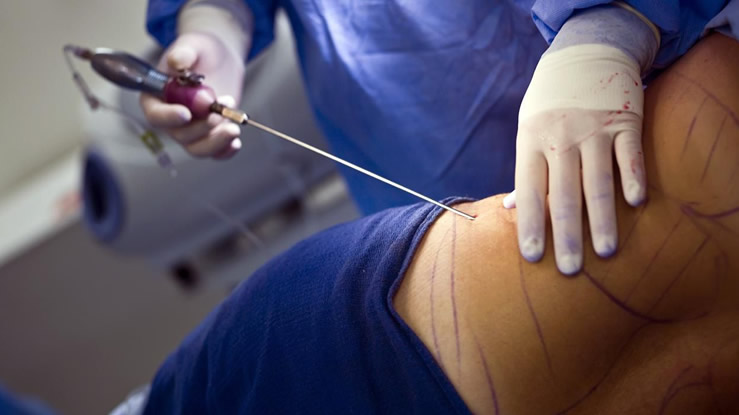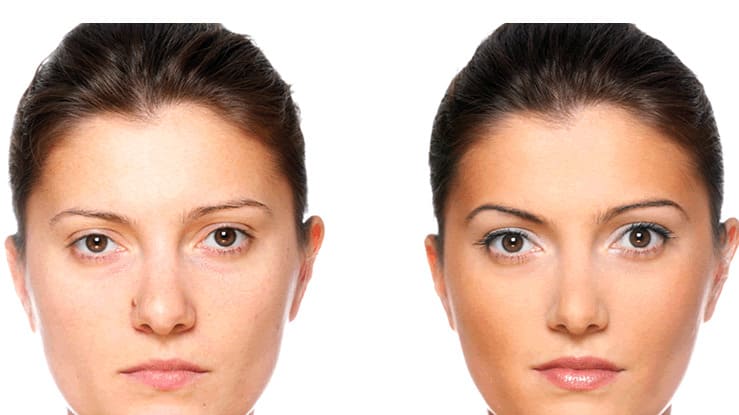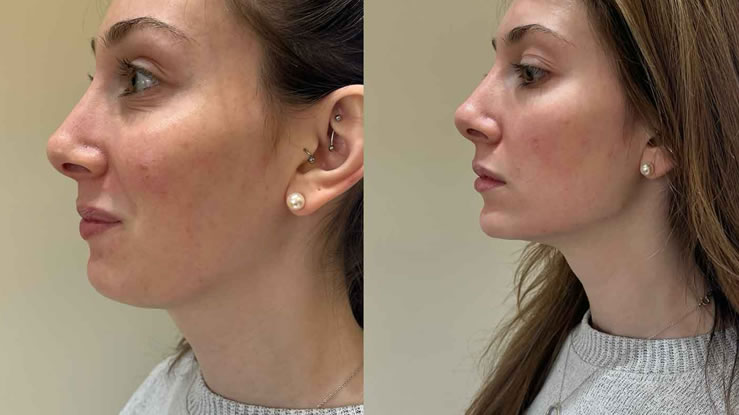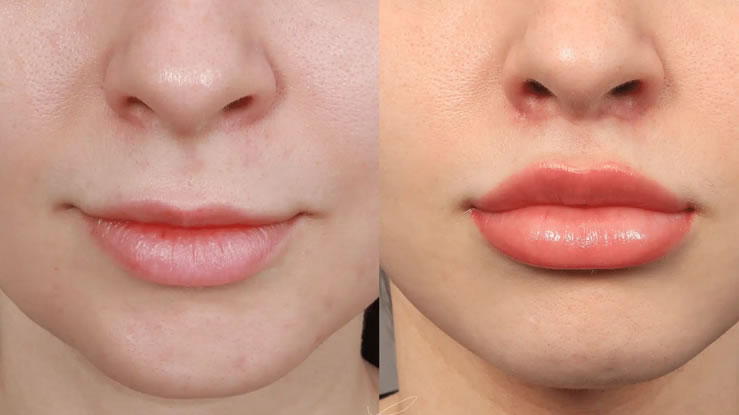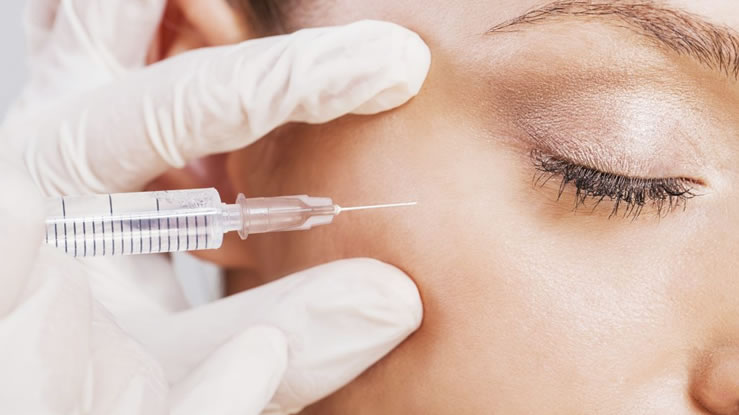Liposuction has become one of the most talked-about cosmetic procedures globally. It promises a leaner, more sculpted body by removing stubborn fat from specific areas. But with growing popularity comes a very important question: is liposuction good or bad for you? The answer isn’t straightforward. It depends on several factors including your health, expectations, and how the procedure is performed.
In this article, we take a balanced look at the pros and cons of liposuction, how it impacts your body, and what you should consider before undergoing the procedure. By the end, you’ll have a clear understanding of whether liposuction is a good or bad choice for you personally.
Understanding Liposuction | Is liposuction good or bad for you?
Liposuction is a cosmetic surgery that removes fat from targeted areas of the body. Common treatment zones include the abdomen, thighs, buttocks, arms, and chin. The goal is not weight loss, but body contouring—shaping specific areas where fat is hard to lose through exercise or diet.
There are several types of liposuction techniques used today:
-
Tumescent liposuction: Involves injecting fluid with anesthetics before fat removal.
-
Ultrasound-assisted liposuction (UAL): Uses sound waves to liquefy fat.
-
Laser-assisted liposuction (LAL): Uses laser energy to melt fat.
-
Power-assisted liposuction (PAL): Uses a vibrating cannula to break up fat.
Each method has advantages and risks, and your surgeon will recommend the best one based on your goals and body type.
Read Also>>>How painful is a liposuction?
The Benefits of Liposuction | Is liposuction good or bad for you?
Let’s explore the reasons why many people view liposuction as a positive, even life-changing, decision.
1. Body Shaping and Improved Appearance
Liposuction offers targeted fat removal in areas that are resistant to diet and exercise. This can significantly improve the body’s shape and proportions, boosting a person’s confidence and self-image.
2. Long-Term Results
When combined with a healthy lifestyle, the results of liposuction can be long-lasting. Fat cells that are removed during the procedure do not return, making the improvement more permanent than some non-surgical alternatives.
3. Boost in Self-Confidence
Many people feel more confident and happy with their appearance after liposuction. This can have ripple effects in both personal and professional areas of life.
4. Motivation for Healthy Living
After investing in the procedure, many patients feel more motivated to maintain their new look through proper diet and exercise. It can act as a jumpstart toward a healthier lifestyle.
5. Treating Certain Medical Conditions
Liposuction is sometimes used for medical reasons. It can help with:
-
Lipomas: Benign fatty tumors
-
Lymphedema: Swelling caused by fluid build-up
-
Gynecomastia: Enlarged male breasts due to excess fat
In these cases, the procedure offers both aesthetic and therapeutic value.
The Risks and Downsides of Liposuction
Despite its benefits, liposuction is still a surgical procedure with potential drawbacks. This is why people ask, is liposuction good or bad for you, because while the good is clear, the risks should not be ignored.
1. Pain and Discomfort
Although not typically severe, liposuction involves recovery time that includes pain, swelling, bruising, and tenderness. The discomfort can last for several weeks, and full results may not be visible until months after the procedure.
2. Surgical Risks
Like any surgery, liposuction carries potential risks including:
-
Infection
-
Excessive bleeding
-
Blood clots
-
Fluid accumulation (seromas)
-
Adverse reaction to anesthesia
Choosing an experienced, board-certified surgeon reduces the likelihood of complications.
3. Uneven Results or Irregular Contours
If fat is not removed evenly or skin does not retract well, you may be left with lumps, dents, or asymmetry. This is especially possible if the procedure is done on larger areas or multiple zones.
4. Temporary Swelling and Numbness
Post-operative swelling and numbness can linger for weeks or even months. While this usually resolves on its own, it can be frustrating for patients eager to see immediate results.
5. Not a Weight Loss Solution
Liposuction is often misunderstood as a quick fix for obesity or general weight loss. In reality, it only removes about 5 to 10 pounds of fat at most. Relying on liposuction instead of healthy lifestyle habits can lead to disappointment and weight regain.
Psychological Impacts: The Good and the Bad | Is liposuction good or bad for you?
Liposuction can affect your mental health and self-esteem—both positively and negatively.
Positive Psychological Effects
Patients often report feeling better about their appearance, experiencing reduced social anxiety, and enjoying greater body confidence. This can contribute to an overall improvement in quality of life.
Negative Psychological Risks
On the other hand, some people may have unrealistic expectations or feel regret if results don’t match their ideal image. This is particularly common in individuals with body dysmorphia or those who undergo the procedure due to external pressures rather than personal desire.
Emotional preparation and proper counseling are important steps in ensuring a positive experience.
Is Liposuction Bad for Your Health?
Generally, liposuction is not harmful to your health when performed by a qualified professional and when you’re a suitable candidate. However, health risks increase if:
-
You have underlying health conditions (like heart disease or diabetes)
-
You are significantly overweight or obese
-
The procedure is performed by an unqualified or inexperienced practitioner
Liposuction removes subcutaneous fat, not visceral fat (the deeper fat around organs), which means it won’t significantly impact metabolic health or reduce risks of diseases like type 2 diabetes.
Also, losing too much fat at once can be dangerous. That’s why most surgeons limit fat removal to around 5 liters per session, depending on your body size and overall health.
Candidacy: Who Should Consider Liposuction?
You may be a good candidate for liposuction if:
-
You are near your ideal weight (within 30% of your goal)
-
You have firm, elastic skin
-
You’re in good physical and mental health
-
You have localized fat deposits that don’t respond to diet and exercise
People who are not ideal candidates include those with significant medical issues, loose or sagging skin, or unrealistic expectations about the outcome.
Myths About Liposuction
To better understand whether liposuction is good or bad for you, it’s helpful to clear up some common misconceptions.
Myth 1: Liposuction Is a Substitute for Weight Loss
This is one of the biggest myths. Liposuction is designed for contouring, not losing large amounts of weight. It’s most effective for sculpting specific areas.
Myth 2: Fat Will Never Come Back
While removed fat cells do not regenerate, weight gain after liposuction is still possible. Remaining fat cells can expand if you don’t maintain a healthy lifestyle.
Myth 3: Liposuction Solves All Body Image Issues
Although it can improve appearance, liposuction is not a cure for deeper emotional or psychological issues. Body image is complex and influenced by many factors.
How to Make Liposuction a Good Decision
Whether liposuction is good or bad for you depends on how you approach it. Here are some tips to ensure the best possible experience:
-
Consult a board-certified plastic surgeon
-
Set realistic expectations for what the procedure can achieve
-
Commit to long-term lifestyle changes to maintain your results
-
Understand the risks and recovery process fully before proceeding
-
Do it for yourself, not because of external pressure
So, is liposuction good or bad for you? The answer is: it can be both, depending on your goals, your health, and how well-informed your decisions are.
Liposuction can provide incredible improvements in body shape and self-esteem when used appropriately and performed safely. However, it’s not without risks. It’s a surgical procedure that requires thoughtful consideration and preparation.
If you’re considering liposuction, take time to reflect on your motivations, learn about the process, consult trusted medical professionals, and be honest with yourself about the pros and cons.
With the right mindset and proper planning, liposuction can be a positive step toward enhanced confidence and body satisfaction.

